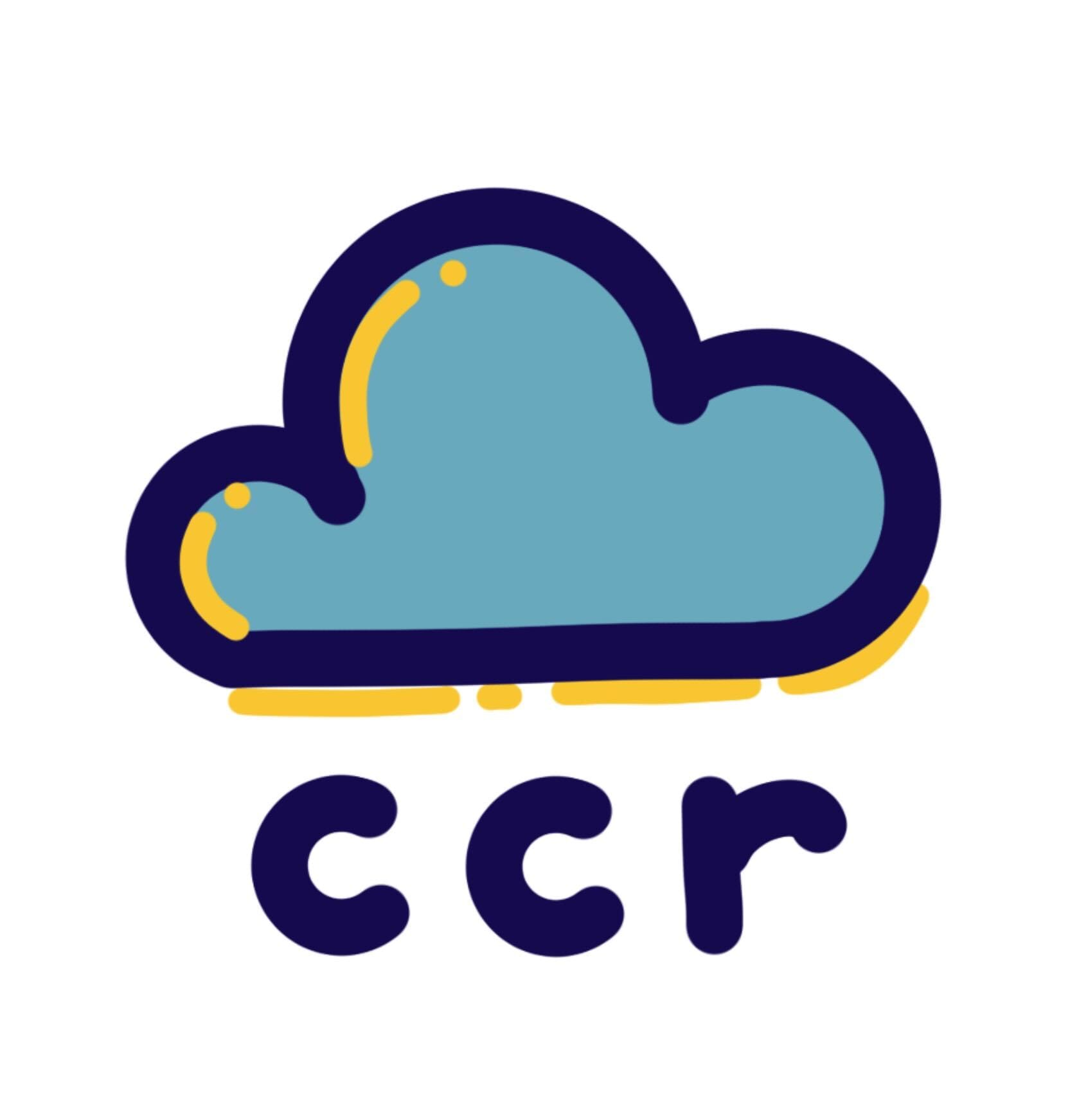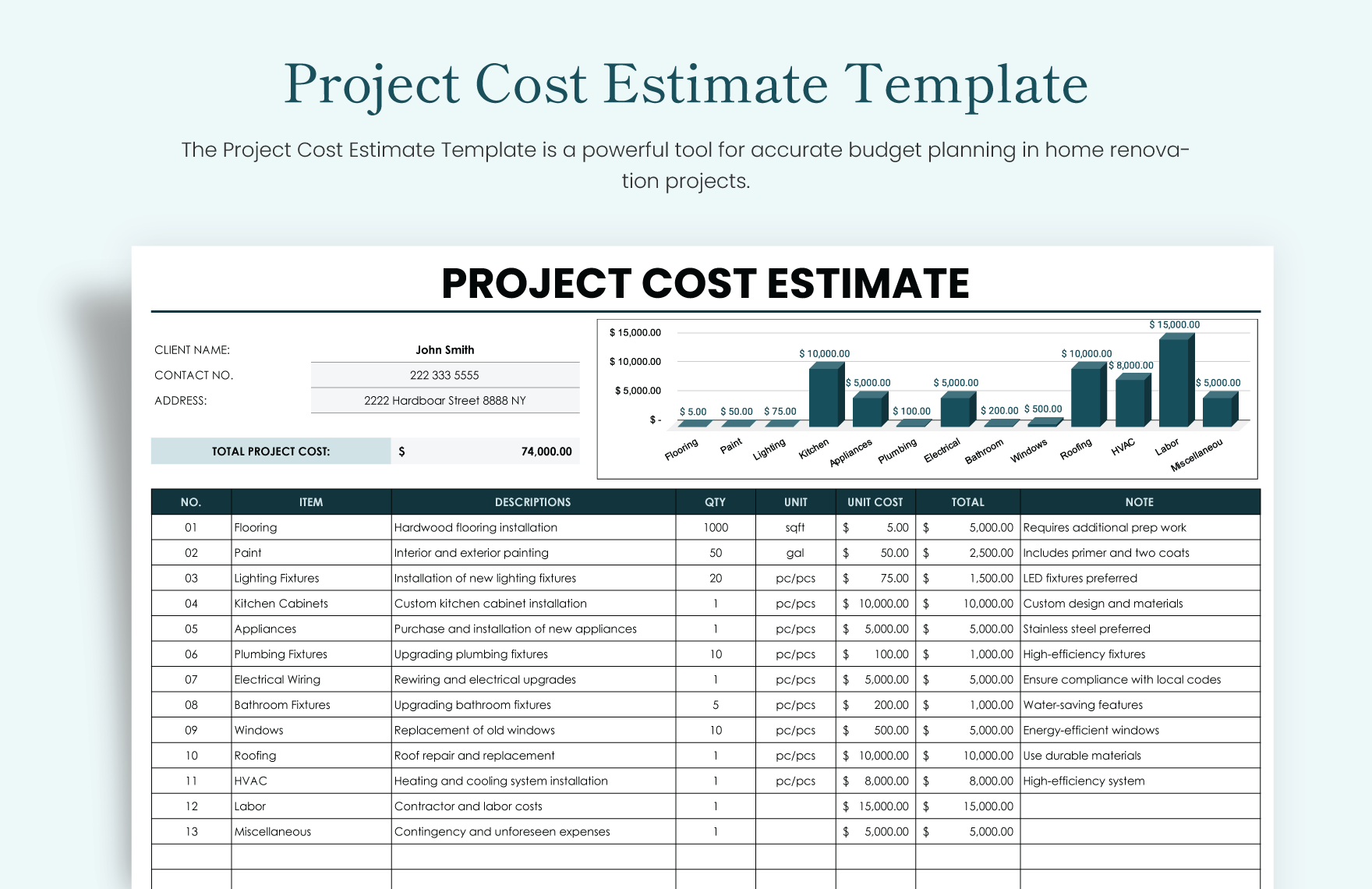Cost Me: The Ultimate Guide To Understanding Expenses And Budgeting Like A Pro
Hey there, budget warriors! If you're reading this, chances are you've heard the phrase "cost me" thrown around in conversations, emails, or even social media. But what exactly does it mean? And why should you care? Let's dive right into it, shall we? Whether you're managing your personal finances or overseeing a business budget, understanding the concept of "cost me" can make all the difference. So buckle up, because we're about to break it down in a way that's both informative and easy to digest!
You might be thinking, "What's the big deal about costs anyway?" Well, my friend, let me tell you—costs are the backbone of financial management. They determine how much you spend, save, and invest. Whether you're planning a vacation, starting a business, or just trying to stick to a monthly budget, knowing the ins and outs of costs is crucial. And that's where the term "cost me" comes into play.
Now, before we get too deep into the nitty-gritty, let's talk about why this matters to YOU. Whether you're a student, a working professional, or a small business owner, having a clear understanding of costs can help you make smarter financial decisions. So stick around, because by the end of this article, you'll be a budgeting ninja!
- 1930s Mens Suits A Style That Still Turns Heads
- Sahu Viral Video The Phenomenon Thats Got Everyone Talking
What Does "Cost Me" Actually Mean?
Let's start with the basics. When someone says "cost me," they're essentially asking, "How much will this expense set me back?" It's a simple yet powerful phrase that highlights the financial implications of any decision. Think of it as a mental checklist before you commit to something—be it a purchase, an investment, or even a time commitment.
Here's the deal: "Cost me" isn't just about money. Sure, it often refers to financial expenses, but it can also encompass time, effort, and resources. For example, if you're thinking about taking on a new project at work, you might ask yourself, "What will this cost me in terms of my personal time and energy?" See what I mean? It's a versatile phrase that applies to almost every aspect of life.
Breaking Down the Concept
- Financial Cost: The most obvious one—how much money will you spend?
- Time Cost: How much time will this commitment require?
- Effort Cost: What kind of effort or energy will you need to invest?
- Opportunity Cost: What are you giving up by choosing this option over others?
Now that we've got the basics covered, let's move on to some real-world examples. Trust me, once you start thinking in terms of "cost me," you'll see the world through a whole new lens!
- Unleash Your Inner Action Hero The Ultimate Guide To Action Movies Downloads
- Movierulz 2023 Ndash Download Your Ultimate Guide To Movies Online
Why Understanding Costs Matters
Okay, so now you know what "cost me" means. But why is it such a big deal? Well, here's the thing: understanding costs empowers you to make informed decisions. Whether you're buying a cup of coffee or launching a startup, knowing the true cost of your choices can save you a lot of headaches down the line.
For instance, imagine you're considering buying a new smartphone. At first glance, the price tag might seem reasonable. But if you factor in the cost of accessories, monthly service fees, and potential repairs, the total "cost me" amount could be significantly higher than you anticipated. Makes sense, right?
The Importance of Transparency
Transparency is key when it comes to costs. Whether you're dealing with personal finances or business expenses, being upfront about the true cost of something can prevent nasty surprises. This is especially important in professional settings, where miscommunication about costs can lead to misunderstandings and even conflicts.
Cost Me in Everyday Life
Let's talk about how "cost me" applies to your everyday life. From grocery shopping to planning a vacation, every decision you make involves some form of cost. The trick is to become more mindful of these costs and weigh them against your priorities.
Shopping Smarter
Ever walked into a store with good intentions but left with a cart full of impulse buys? Yeah, we've all been there. But here's the thing: before you swipe that card, ask yourself, "What will this cost me in the long run?" Will that expensive pair of shoes bring you lasting joy, or will they just sit in your closet gathering dust?
Traveling on a Budget
Planning a trip? Don't forget to factor in all the hidden costs. Sure, the flight might be cheap, but what about accommodation, meals, and transportation? By asking yourself "cost me" at every step, you can create a travel budget that won't leave you broke when you get back home.
The Psychology of Costs
Costs aren't just numbers on a spreadsheet—they're deeply tied to our emotions and behaviors. Understanding the psychology behind costs can help you make better financial decisions. For example, have you ever noticed how easy it is to swipe a credit card but how much harder it feels to hand over cash? That's because the act of physically parting with money makes the cost feel more real.
Common Cognitive Biases
- Anchoring Bias: Relying too heavily on the first piece of information you encounter (e.g., a high price tag makes a lower price seem like a great deal).
- Sunk Cost Fallacy: Continuing to invest in something because you've already spent money on it, even if it's not worth it.
- Mental Accounting: Treating money differently depending on where it comes from or how it's spent (e.g., spending more freely with "bonus" money).
By becoming aware of these biases, you can avoid making costly mistakes and make more rational decisions.
Managing Costs Effectively
Now that we've explored the concept of "cost me" and its implications, let's talk about how to manage costs effectively. Whether you're an individual or a business owner, these strategies can help you keep your expenses in check.
Set Clear Goals
Knowing what you want to achieve is the first step in managing costs. Whether it's saving for a down payment on a house or launching a new product, having clear goals will guide your spending decisions.
Create a Budget
A budget is your best friend when it comes to managing costs. It helps you track your expenses, identify areas where you can cut back, and ensure you're staying within your means. And don't worry—you don't have to be a finance expert to create a budget. There are plenty of apps and tools out there to help you get started.
Cost Me in Business
For businesses, understanding "cost me" is crucial for long-term success. Whether you're a startup or an established company, managing costs effectively can make or break your bottom line. Here are some key areas to focus on:
Operational Costs
These are the day-to-day expenses that keep your business running. Think rent, utilities, salaries, and supplies. Keeping a close eye on these costs can help you identify inefficiencies and areas for improvement.
Marketing Costs
Marketing is essential for growing your business, but it can also be expensive. That's why it's important to measure the return on investment (ROI) for every marketing campaign. Ask yourself, "What will this cost me in terms of time and money, and will it generate enough revenue to justify it?"
Common Mistakes to Avoid
Even the most financially savvy individuals make mistakes when it comes to costs. Here are some common pitfalls to watch out for:
- Underestimating Hidden Costs: Don't forget about those pesky fees and charges that can add up quickly.
- Ignoring Opportunity Costs: Remember, every decision you make has a trade-off. Make sure you're prioritizing the right things.
- Failing to Track Expenses: If you don't know where your money is going, it's hard to manage your costs effectively.
Tools and Resources for Managing Costs
Thankfully, there are plenty of tools and resources available to help you manage costs more efficiently. From budgeting apps to project management software, these tools can simplify the process and save you time.
Budgeting Apps
- Mint: A popular app that helps you track your expenses and create a budget.
- YNAB (You Need a Budget): A powerful tool for managing your finances and sticking to your goals.
- Personal Capital: A great option for tracking both your spending and your investments.
Project Management Software
- Trello: Perfect for organizing tasks and keeping track of project costs.
- Asana: Another great option for managing projects and budgets.
- Monday.com: A versatile platform that can help you streamline your workflows and reduce costs.
Final Thoughts
Alright, budget warriors, that's a wrap! By now, you should have a solid understanding of what "cost me" means and how it applies to your life. Whether you're managing personal finances or overseeing a business budget, keeping costs in mind can help you make smarter, more informed decisions.
So here's my challenge to you: Start incorporating the "cost me" mindset into your daily life. Ask yourself that question before making any significant decision, and watch how it transforms the way you approach finances. And don't forget to share this article with your friends and family—knowledge is power, after all!
Table of Contents
- What Does "Cost Me" Actually Mean?
- Why Understanding Costs Matters
- Cost Me in Everyday Life
- The Psychology of Costs
- Managing Costs Effectively
- Cost Me in Business
- Common Mistakes to Avoid
- Tools and Resources for Managing Costs
- Final Thoughts
- Sahu Viral Video The Phenomenon Thats Got Everyone Talking
- Movies Tv Exploring The Complexities Of Desire Relationships

Low Cost Construction Phoenix

Cloud Cost Recovery

Food Cost Template in Excel, Google Sheets Download